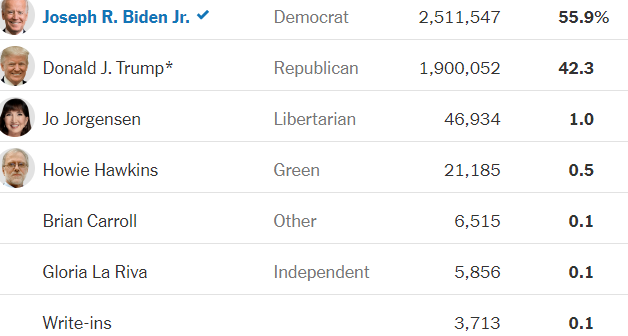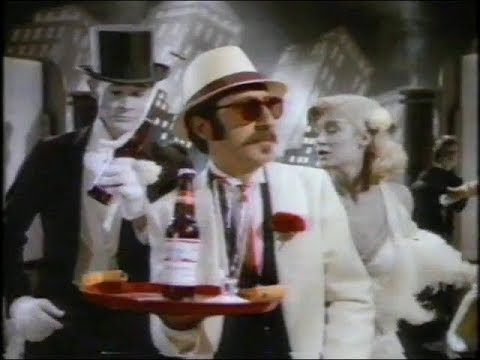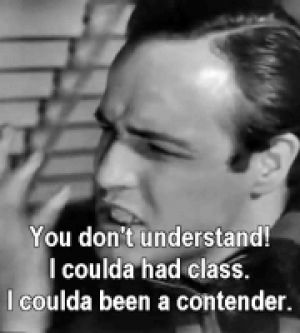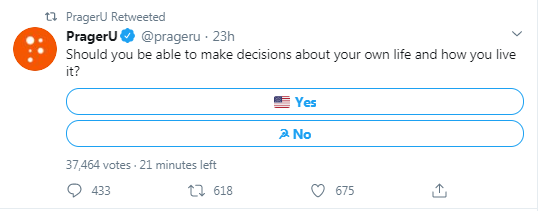
You may have seen this chart going around.
It's a little simplified, but it points to something true: there's a huge opening in American politics that the duopoly isn't filling.
It's a little simplified, but it points to something true: there's a huge opening in American politics that the duopoly isn't filling.
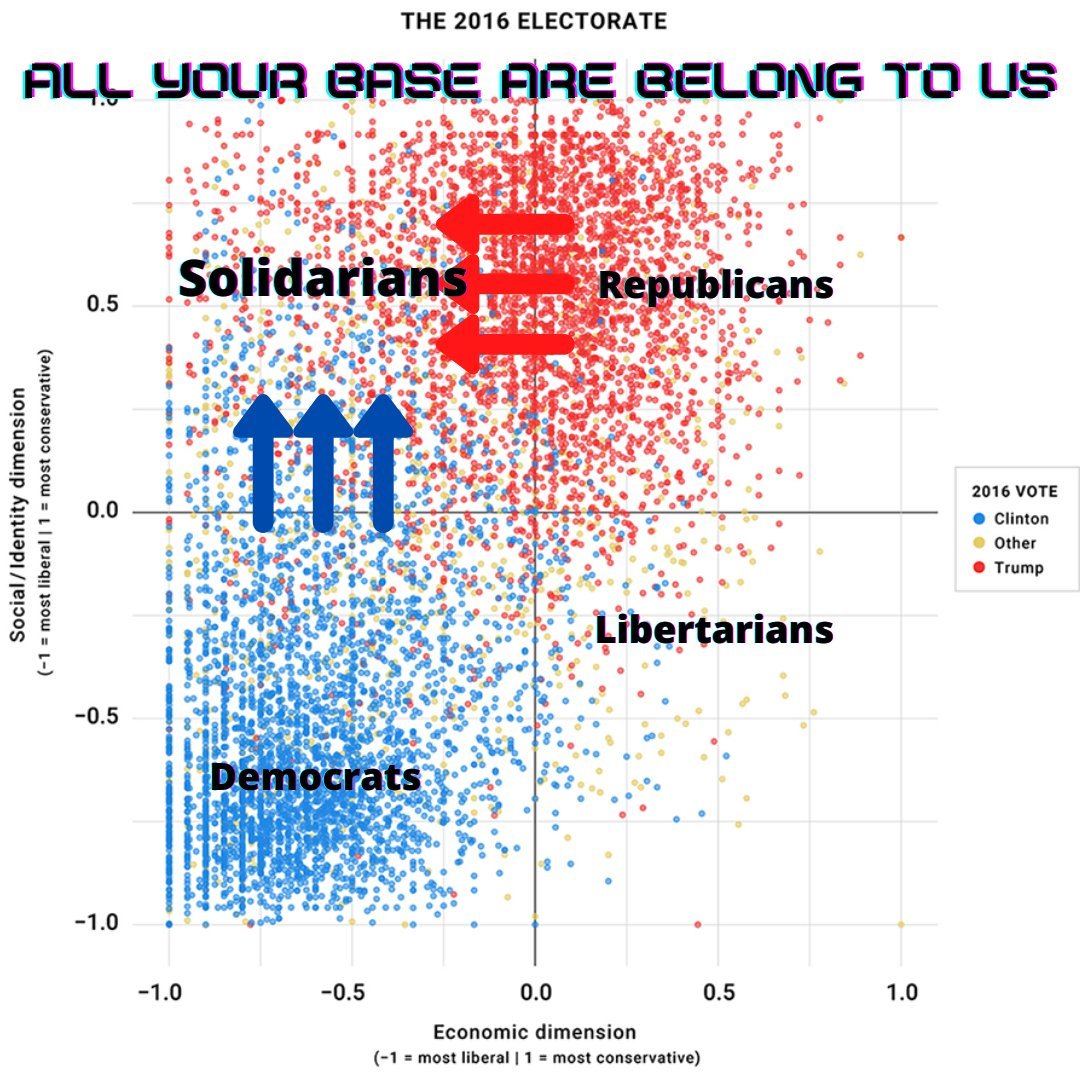
It's not the "fiscally conservative/socially liberal" brand of centrism that's so popular in the Beltway.
If *that* was really that popular, Mike Bloomberg wouldn't have spent 10 million dollars for every delegate he won in the Dem primary.
If *that* was really that popular, Mike Bloomberg wouldn't have spent 10 million dollars for every delegate he won in the Dem primary.
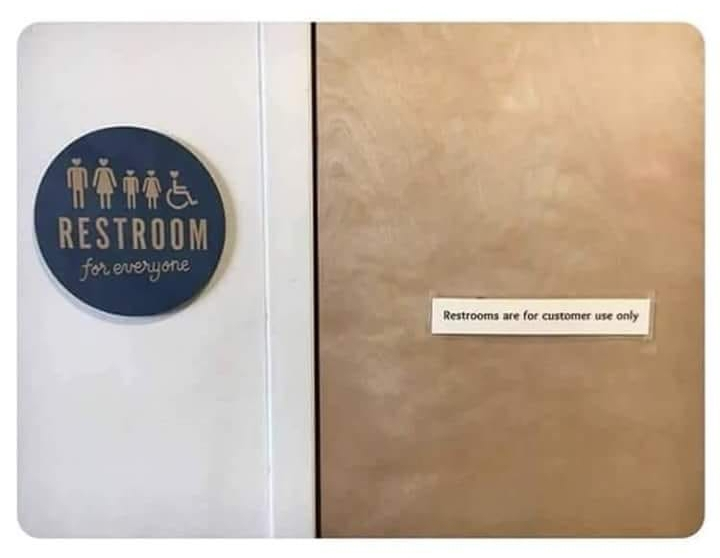
What's actually missing is a communitarian vision: a politics the puts families and communities first in both economic and social policy.
No party is really doing that, though a few prominent figures are vaguely gesturing at it.
No party is really doing that, though a few prominent figures are vaguely gesturing at it.
For all their supposed "populist" turn, Republicans are still captive to warmed-over Reaganomics.
Democrats are split between neoliberals and would-be social democrats, but its a radically individualist ideology in the social sphere that unites them.
Democrats are split between neoliberals and would-be social democrats, but its a radically individualist ideology in the social sphere that unites them.
Until recently, third parties weren't filling that space either.
If you want to be a Republican, but more so, you've got the constitution party.
If you want to be a progressive Democrat, but more so, you've got the Greens.
If you want to be a Republican, but more so, you've got the constitution party.
If you want to be a progressive Democrat, but more so, you've got the Greens.
Libertarians, at least, are offering something distinctive.
It might even be a compelling governing philosophy in a society that entirely consisted of self-employed childless 30-year-old men.
It might even be a compelling governing philosophy in a society that entirely consisted of self-employed childless 30-year-old men.
The truth is that although "rugged individualism" may be part of our national character, Americans have always thrived in communities.
We need neighborhoods. Families. Religious communities. Unions and professional associations. Local businesses.
We need a party for them, too.
We need neighborhoods. Families. Religious communities. Unions and professional associations. Local businesses.
We need a party for them, too.
We're a young party. So far, we don't have long lists of massive donors. We don't have celebrity candidates. We don't have political machines.
What do we have is a set of convictions. And we're starting to see that a lot of Americans share them.
What do we have is a set of convictions. And we're starting to see that a lot of Americans share them.
In this election we proved in multiple states that we could out-perform better-known, better-funded candidates when we got to chance to go head-to-head on the ballot.
The votes are still coming in, but we already know that we've at least quadrupled our vote totals from 2016. What that showed us is that there is an untapped potential for that "Upper Left Quadrant" to turn into a real political force in America.
The bad news is that most Americans still haven't heard of us.
The good news is, most Americans still haven't heard of us.
Because nobody else is offering a vision quite like ours, we are nowhere near the ceiling of our potential support.
The good news is, most Americans still haven't heard of us.
Because nobody else is offering a vision quite like ours, we are nowhere near the ceiling of our potential support.
In the coming weeks we're going to be building on the energy from the presidential race, developing plans for running local and state races throughout the country on a scale we haven't achieved before, as well developing the infrastructure to support them.
We're going to need people like you for that, though.
You can get get involved in a state chapter, donate, write for our blog, or just talk us up to your friends.
To take it a step farther, run for something, and tell us you want to run with us.
runforoffice.org
You can get get involved in a state chapter, donate, write for our blog, or just talk us up to your friends.
To take it a step farther, run for something, and tell us you want to run with us.
runforoffice.org
We just got done with a solid presidential campaign that allowed the party to grow by leaps and bounds.
Now we need dogcatchers.
(That's still a thing, right?)
Now we need dogcatchers.
(That's still a thing, right?)
• • •
Missing some Tweet in this thread? You can try to
force a refresh


